Main Menu
The Other Long Haul: Working Through Extended Injury

Laura lives in Albuquerque, NM where she works on climate policy and gets outside to the foothills and mountains as much as possible to run, backcountry ski, and mountain bike. A pragmatic optimist, she looks for the best in others and tries to find silver linings whenever possible. Laura also loves to cook, bake, and write.
Share This Article!
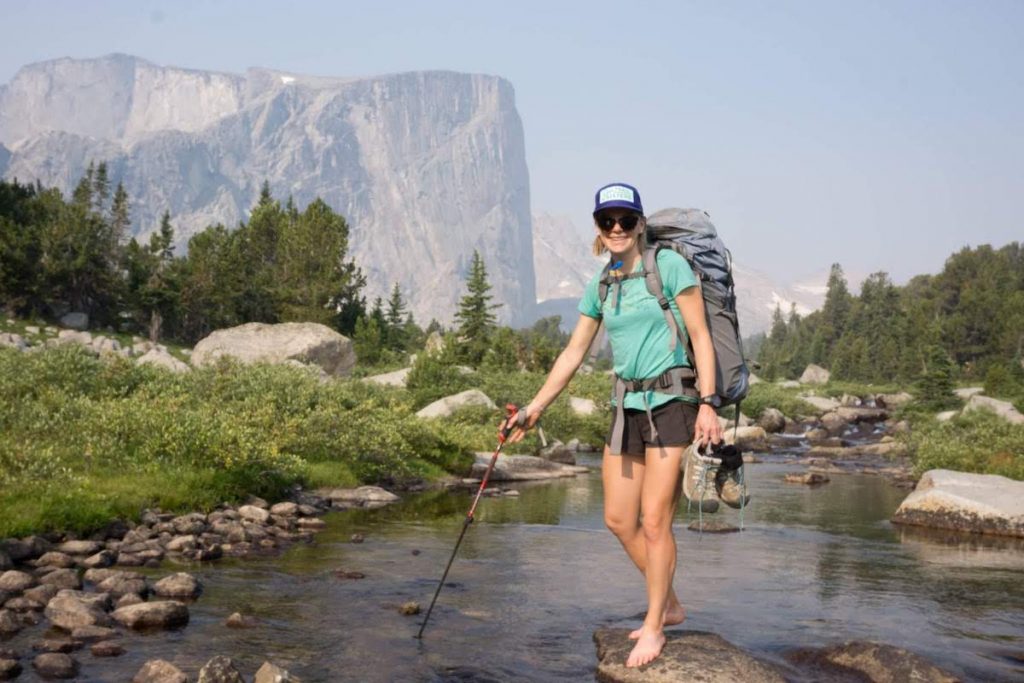

By: Laura Tabor
Author’s note: The world is experiencing unprecedented suffering due to the COVID-19 crisis, and in the grand scheme of things running injuries—even the long ones—are minor forms of struggle relative to this pandemic and other injustices. Is it worth the navel-gazing of ruminating on injury right now? I know there must be runners out there unable to access injury-friendly exercise—pools and gyms are closed, and not everyone can get out for even a walk. Trivial as this is relative to the mounting illness and death around the country, it is nevertheless a hardship, worth acknowledging if you are in it so that you can get past it. We all need to be our best selves to get each other through this moment. To keep from descending into fear and despair. I hope my story can help even a few people get through injury in these times with the grace and courage the world needs from all of us.
My last race was almost three years ago in May 2017. It felt amazing to barrel along the trails in the spring sunshine, cranking out climbs and letting loose on long descents. At 29, I’d never had an injury that kept me from running for more than a couple of weeks, but this time—starting with a persistent tightness in my shin after that race—I was starting the worst kind of marathon, one of the injuries, in which I’d only run regularly for four of the next 34 months. A few weeks off for that stress reaction led to aborted return-to-run plans led to eight weeks in a boot. I joined a gym and swam a lot. Getting back on skis kept me sane through a slow recovery in 2018: that summer, I got up to 20 miles a week before my right hip—a chronic hot spot since my college days—began bothering me. The pain deepened and worsened in new ways, and when I reluctantly went in for an MRI that fall, I learned I had a torn labrum.
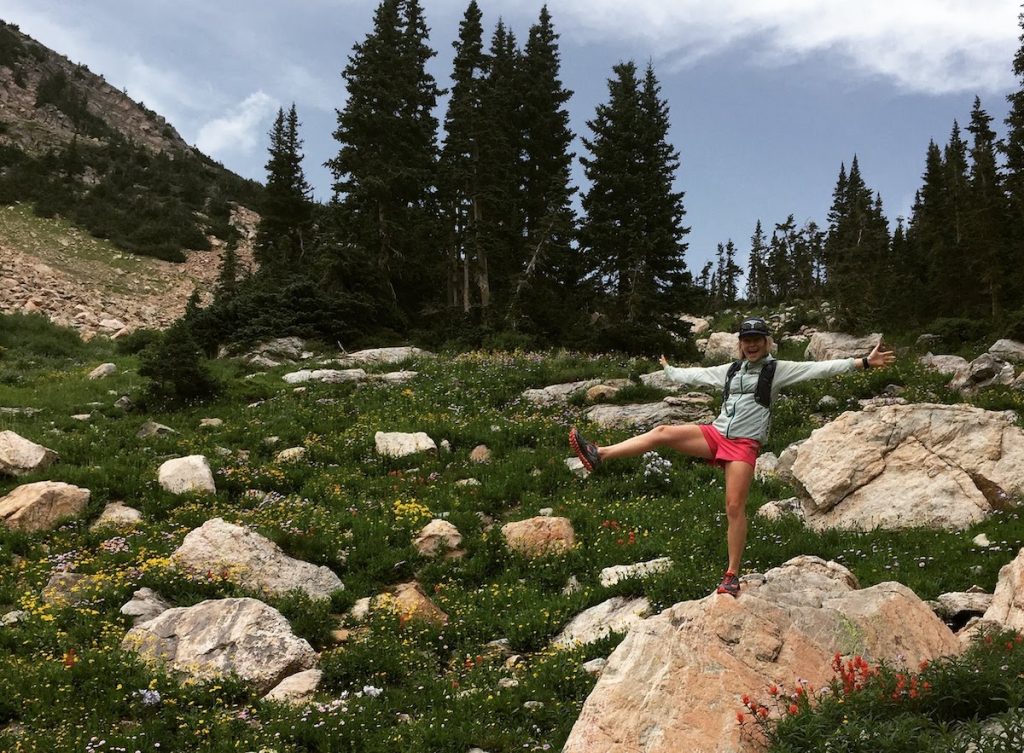
Pretty much everyone faces injury at one point or another, but when it’s your turn it feels deeply unfair: why me? Why now? What did I do wrong? I felt a connection with friends and professionals in my social media feeds who shared the pain of injury, then let forlorn longing and jealousy sweep over me as one by one they recovered, PT photos replaced with miles of smiles. I was irritable and ticked off by any reminder of the things I couldn’t do. My temper normally has a long fuse, but suddenly I wanted to slam doors and break things, wanting something else in the world to reflect how broken I felt. To top it off, I felt guilty about my inability to move past the anger and sadness, knowing I still enjoyed the privilege of overall health and otherwise comfortable life. Who should care I can’t run, when so many others face far greater challenges?
For most of my athletic career, my love for running and drive to push myself in the sport was an asset: I dug into hard workouts, relished the burn and beauty of long runs in the mountains, and leapt at every chance to see how far I could push myself. This time around, the return to running was so far off it hurt to hope for and look forward to. The light at the end of the tunnel was unbearably distant, and it was uncertain: you’ll be better when it stops hurting. If it doesn’t feel better, you might need surgery, which may or may not help. My progress in physical therapy was barely detectable; I stopped bike commuting and was in pain whenever I sat for more than fifteen minutes.
People often reflect on how a forced break from running helps them discover other hobbies and passions, and how injury can push us to be better and fuller versions of ourselves. This is true. But when you’re in the throes of that discovery, it feels anything but poetic. Realizing how much of my life and identity was tied to my strength and athleticism left me wondering who I really was under those qualities, now seemingly out of reach. Having my injury coincide with a major shift in my professional life—going back to graduate school with the intent of pivoting into the public sector—heightened my sense of being unmoored, stripped down to my core and trying to make sense of what essential “me” remained.
My undergraduate engineering degree and seven years of work experience in the private sector didn’t give me much confidence I knew what I was doing in policy school, and I realized how much the reliability of my physical strength had always boosted my self-confidence. In the fog of long-distance marriage, every time my husband told me he missed playing in the mountains with me, I worried he would love me less if I couldn’t get back to the long days skiing and backpacking that had brought us together. Instead of feeling the love he was trying to express, all I heard was frustration at my injury. This heightened my sense injury had robbed me of part of my identity—a loss that I mourned every day, but had to set aside in order to find other sources of strength to get through the long months of pool workouts and physical constraint.
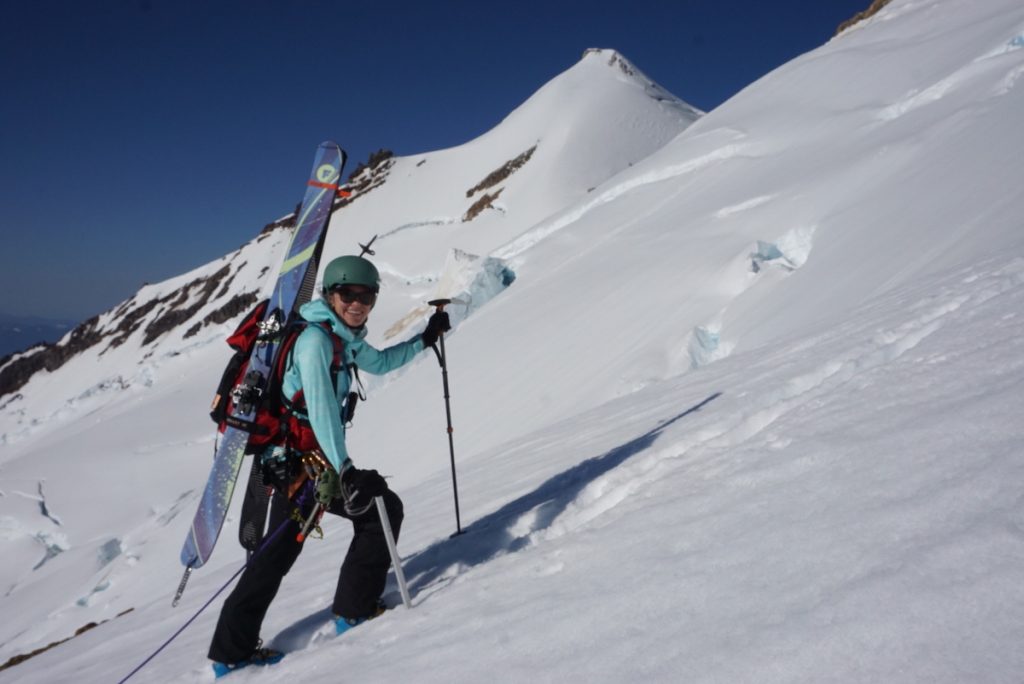
Full, deep, rest is a necessary phase for many injuries—and sometimes that break is all you need. But more often, recovery requires finding and addressing weaknesses we didn’t know we had. Maybe they were there all along and we had enough compensating strengths to disguise them. Maybe they crept in when some of that balancing strength wavered in a time of transition or pushing to new extremes. I found physical weakness in my glutes and core through a seemingly endless trial and error of PT visits and exercises. I found emotional weakness in how much I relied on my physical strength as a proxy for my strength as a person. And I realized that finding new strength is harder than regaining old strength: it’s a more subtle and graceful form of grit than putting your head down and grinding out reps. Like hitting rock bottom in any context, it takes facing your exposed weaknesses in all their ugly truth long enough to listen: to what they say about your body and mind, your habits; to what they need; to how you can nurture them into new strengths you grow to trust in your first tentative steps forward.
As I started to accept my injury and its long, uncertain timeline, I realized I had inadvertently muted my passion for the sport. If I left that knob unmodulated, the contrast between my dreams and my reality was too painful. Turning it down lowered the heat of my anger, but let me drift into despair and depression at the injury, bitterness at how long I’d been unable to run pain-free, and taking conservatism to its limits in a passive and timid approach to recovery. Scarred by the false starts with my shin injury, I coddled my hip and worried about every twinge and pang I felt doing my exercises. I started to wallow in the injury and the self-pity I let in with it. Turning the corner on a long-term injury takes a delicate balance of pragmatic realism and fervent hope; managing expectations without shutting off that deep yearning to run again. I had to turn my passion back up enough to keep pushing for progress and building strength while staying realistic about my recovery timeline.
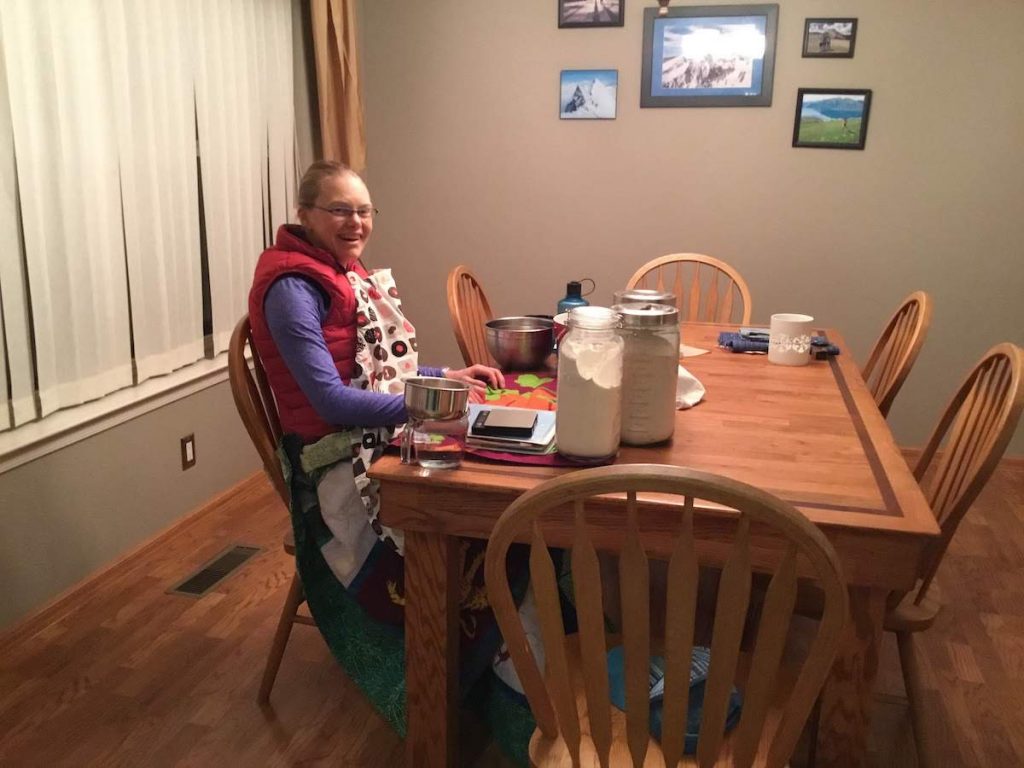
It’s okay to recognize and acknowledge it’s hard, I wrote to myself last winter, but it’s not okay to give up. When a dear running friend sent me a new running top for Christmas in 2018, the resentment I couldn’t use it brought me close to tears. This year, when she sent me a crop top, I smiled. I was a month and a half post-op from labral repair surgery and didn’t dare try it on right away, but it represented the strength and freedom I learned to let myself hunger for again. On top of the new ways I found to ground myself, I was ready to layer back in running, my first true love, and still the thing that almost always brings me joy.
Two weeks ago, I finished my first continuous run in a year and a half—all of fifteen minutes. It was hard. It hurt. But it was progress—and that is worth celebrating.
About the Author

Laura lives in Albuquerque, NM where she works on climate policy and gets outside to the foothills and mountains as much as possible to run, backcountry ski, and mountain bike. A pragmatic optimist, she looks for the best in others and tries to find silver linings whenever possible. Laura also loves to cook, bake, and write.
Share This Article!


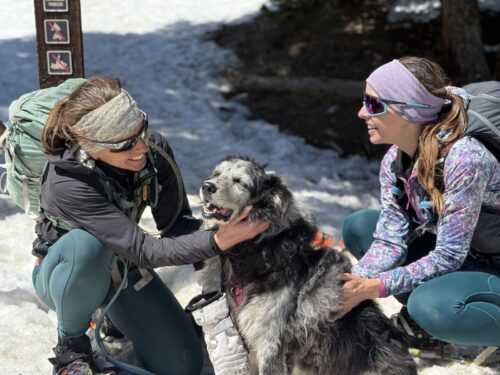
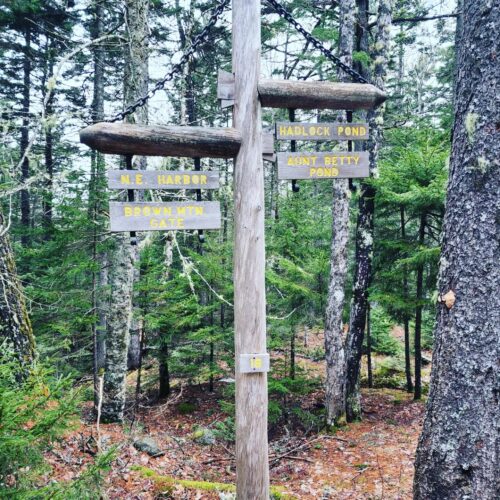

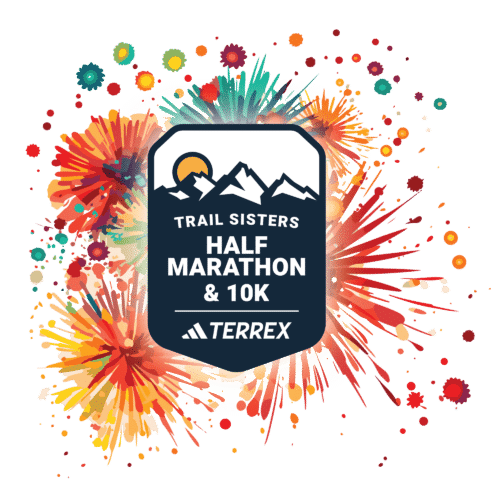
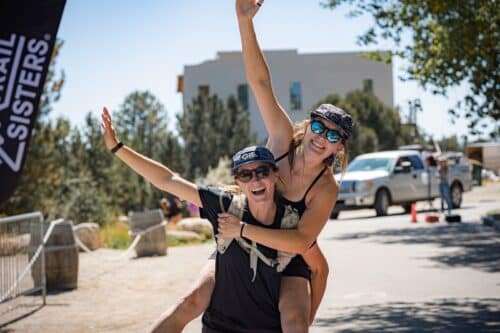

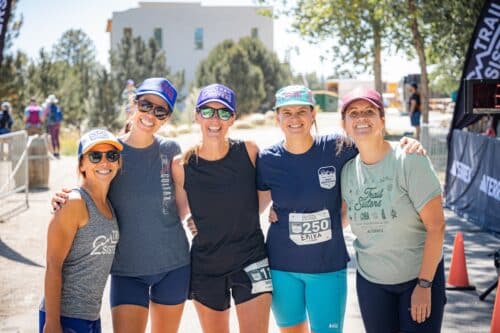
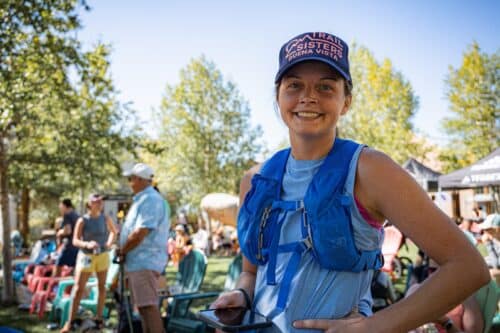

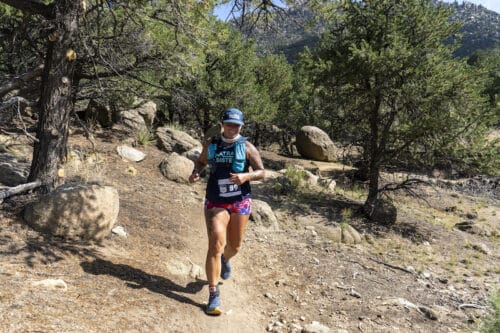
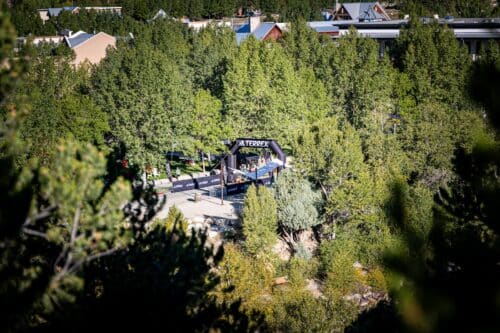
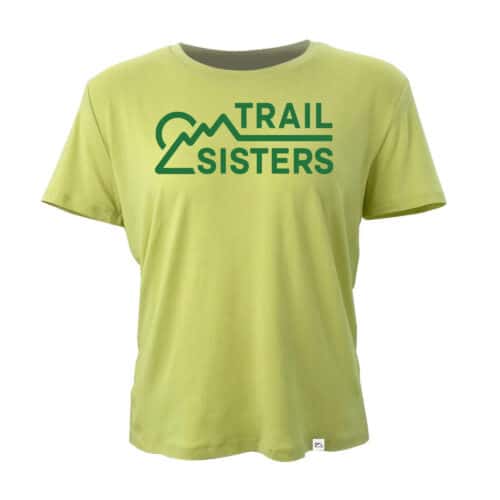
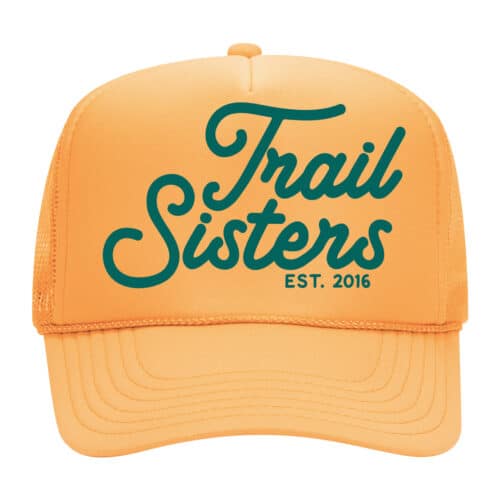

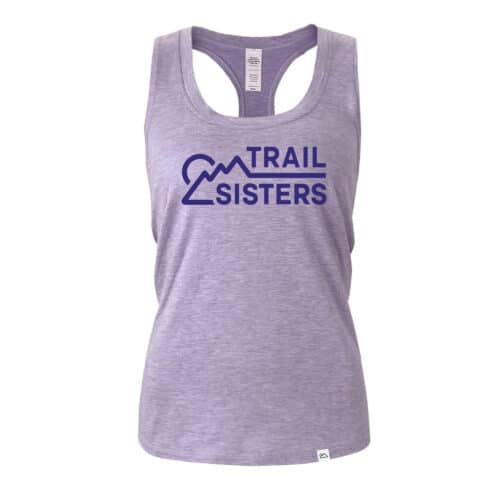
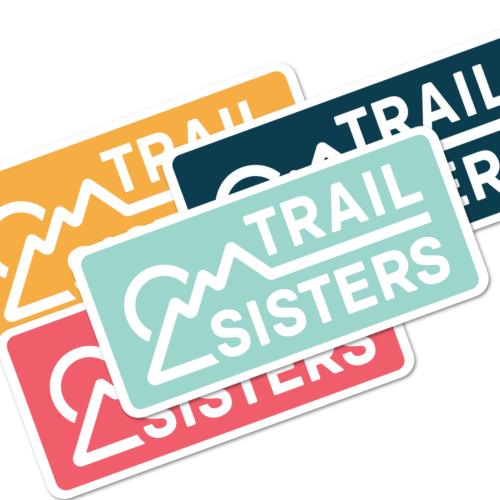
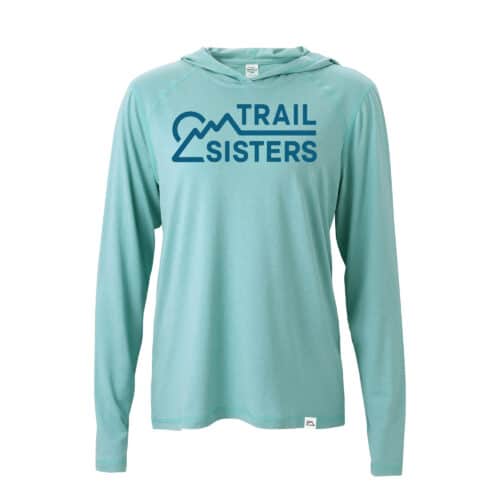

7 Responses
Laura, this is so
Wonderful- thanks for sharing this. I’m sending you a huge hug.
Thank you, Lisa!
Laura – thanks for sharing such an incredible piece Laura. I’ve spent the last two years wading through mystery around an injury and then recovering from surgery, and I’ve never heard anyone put this swirling range of feelings (rage, sorrow, jealousy, despair, hope) into words so well. This line really struck a cord: “I found emotional weakness in how much I relied on my physical strength as a proxy for my strength as a person.” Whew. Wishing you a steady recovery and a future of many pain-free miles.
I’m sorry to hear you went through such a long injury too but glad this resonated. 30 minute runs have never brought me so much joy! Hope you are running pain-free again, too!
I could not have come across this at a more perfect time! I am going through this exact same thing right now in my life…after years of running, I am facing a possible torn labrum in my hip and it feels devastating. I can relate to so much of this; you put so well into words many of the same feelings and thoughts that I have had. It’s encouraging to me as I navigate through this frustrating injury and dealing with all that comes with not being able to run and “do my thing” at the present time. Thank you!
Well spoken. From the heart words such as these carry us forth! Thank you. Best to your recovery.
“I worried he would love me less if I couldn’t get back to the long days skiing and backpacking that had brought us together. Instead of feeling the love he was trying to express, all I heard was frustration at my injury.” – showed this to my fiancé as a much more eloquent version of the feeling I was trying to express to him. I found this article today perusing the TS website for words of wisdom from others who had battled serious injuries (I’m in the midst of a likely long recovery from ankle surgery for a fracture sustained while trail running). Thank you for writing this. Hope you’re staying injury free and finding ways to get outside.